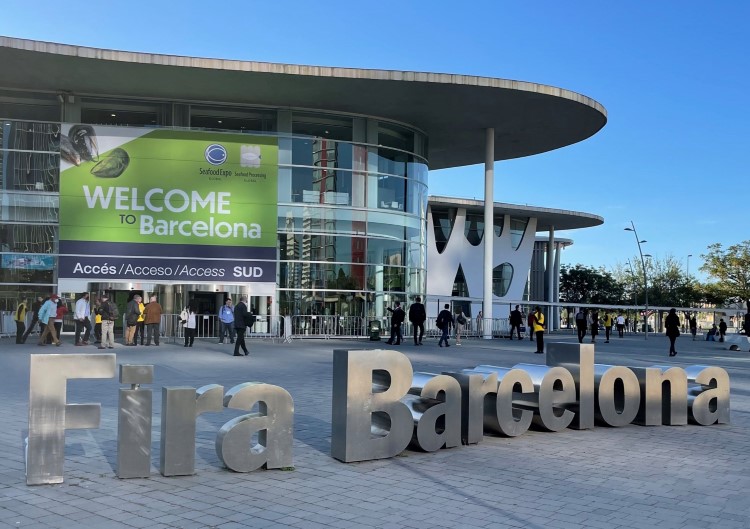GAA Takes Proactive Stance Against Antibiotic Abuse
The Global Aquaculture Alliance takes a proactive stance against the abuse of antibiotics in aquaculture and its Best Aquaculture Practices (BAP) third-party certification program provides a mechanism to follow up on alleged infractions.
Restrictions on antibiotic use are addressed in great detail in both the BAP finfish and crustacean farm standards and BAP seafood processing plant standards.
In the BAP finfish and crustacean farm standards, prohibited antibiotics, drugs and other chemicals are forbidden, and farms are required to record any antibiotic use. If antibiotics that are not prohibited for use in both the local and importing country are used for therapeutic purposes, residue tests are required after the withdrawal period to ensure food safety regulations are met.
In the BAP seafood processing plant standards, processors and third-party laboratories are required to collect random samples from every lot of finished product to test for antibiotic residues, which is also part of the HACCP plan requirements and supplier performance monitoring requirements. Third-party auditors also collect random samples for testing during the auditing process.
The BAP management team also monitors the U.S. Food and Drug Administration’s (FDA) detention list regularly. If BAP-certified facilities land on the list for a prohibited antibiotic, they are required to take corrective action immediately; they are required to prove that they’ve been removed from the list to be certified or recertified. Facilities that fail to take corrective action are suspended or de-certified.
The BAP program is well positioned to address such issues, as it’s the world’s most comprehensive third-party aquaculture certification program with environmental, social, food-safety, animal-health and traceability standards for hatcheries, farms, feed mills and processing plants.
Given the growing concern regarding antibiotic use in recent months, GAA is developing a more rigorous risk-based testing methodology that will require automatic heightened testing of processing plants where residues of prohibited antibiotics are detected.
About GAA
The Global Aquaculture Alliance is an international, non-profit trade association dedicated to advancing environmentally and socially responsible aquaculture. Through the development of its Best Aquaculture Practices certification standards, GAA has become the leading standards-setting organization for aquaculture seafood.



